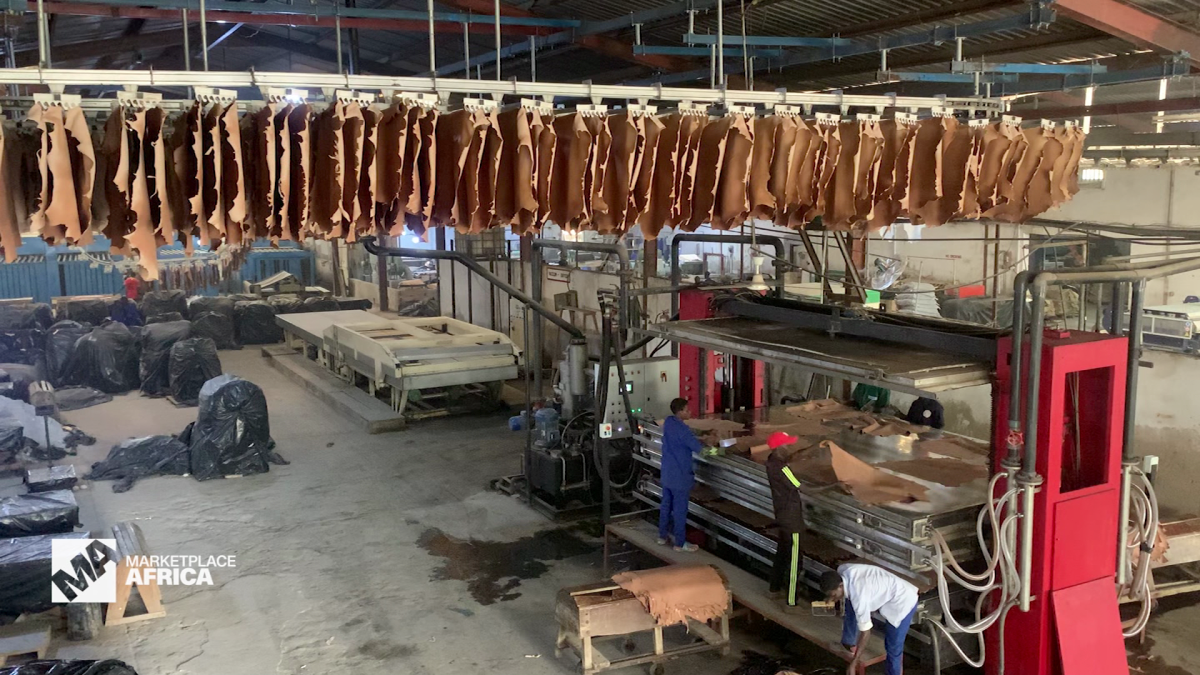Oodua youth parliament has opposed the decision of the Nigerian Institute of Leather and Science Technology (NILEST) to establish a N350 million tannery in Daura, Katsina State.
The speaker of the parliament, Hon. Abdulmajeed Oyeniye, who addressed a press conference in Abuja, said it was unfair that an institute located in the North West geopolitical zone would choose to site such a project within the same region.
Oyeniye said, “Are other states like Lagos, Oyo or Ekiti not part of the country again or was the institute established only for the North West region? This is unacceptable to the generality of Nigerians and must be reversed in the spirit of federal character and fairness.”
The parliament expressed dissatisfaction with director-general of the institute, Professor Mohammed Kabir Yakubu alleging the institute has failed to live up to the expectations of providing job opportunities to Nigerians and help boost the economy.
It called for the immediate sack of Yakubu with the aim of replacing him with a competent hand that would reposition the institute for service delivery.
The group said “NILEST was conceived with the aim of harnessing the vast potentials in the flourishing livestock industry in the country especially in northern Nigeria.
“With over 100 million of cows, goats and sheep slaughtered daily, Nigeria was projected to be a net exporter of hides and an industrial hub in the leather and skin industrial sector. More than 20 years down the line nothing has changed and it got worse under the present administration of Professor Mohammed Kabir Yakubu.
“The Food and Agricultural Organisation (FAO) of the United Nations has shown that Nigeria exports less than 100 tons of hides and skin. In fact it’s questionable if this quantity is exported to neighboring African countries and whether it’s just raw skin or actually hides.
“There has not been any visible footprint of NILEST anywhere in Nigeria even though there are abattoirs spread across the country from Maiduguri to Lagos and Port Harcourt. All attempts made at skinning and preservation are done at the individual level with no input from a supposedly professional body.
“Thus, crude practices and techniques still exist making it impossible for the country to produce leather fit for domestic consumption and talk more of exportation.
“Imagine five employees per an abattoir across the country. Imagine the indirect jobs that would have come with this arrangement. The value chain from animal skins and hides would have been enormous. The inability of this professor to deliver is enough to send him packing back to the classroom where he came from,” he said.



